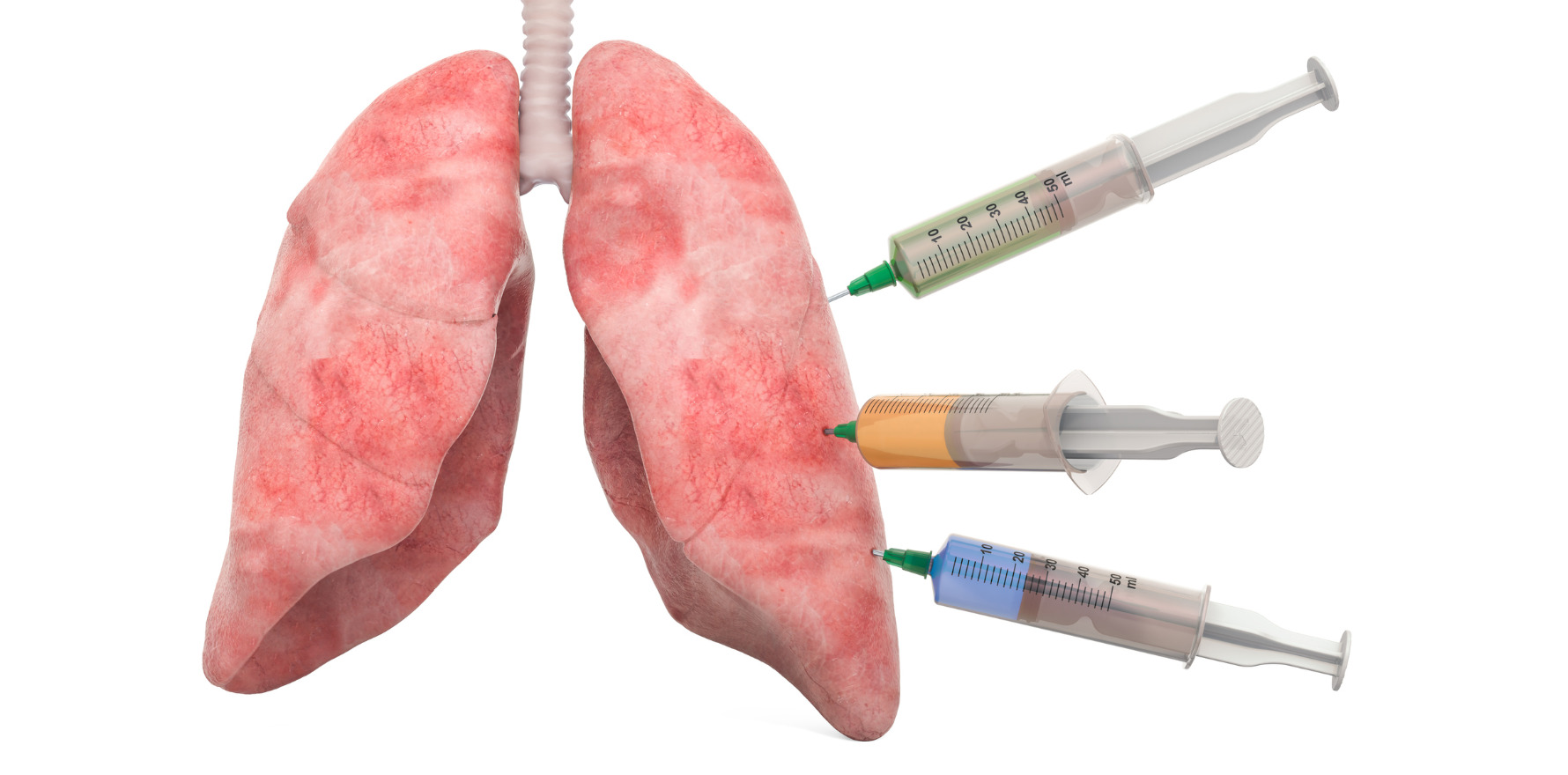With few treatment options available, the recent FDA-approval of tocilizumab for SSc-ILD raises hopes of Australian rheumatologists.
The FDA approved tocilizumab (Actemra, Roche) last week for treating systemic sclerosis-associated interstitial lung disease (SSc-ILD). The drug slows down the rate of decline in lung function in adults with SSc-ILD, and is the first biologic approved in the US for this purpose.
About 6000 Australians have systemic sclerosis, and it’s estimated about 80% of them may develop SSc-ILD.
The 10-year mortality for patients with SSc-ILD is up to 40 per cent with an expected median survival of 15 years. However, said Professor Susanna Proudman, rheumatologist and director of the Rheumatology Unit at the Royal Adelaide Hospital, not all patients with ILD progress and rates of progression are highly variable.
Associate Professor Joanne Sahhar, head of the Monash Scleroderma Clinic in Melbourne, said that probably 30-40 per cent develop progressive lung disease which warrants immunosuppressive therapy, with many having mild or stable and non-progressive disease which does not warrant therapy.
“The key is to identify those with progressive disease who will most benefit from treatment from those with stable mild disease who should not be exposed to potentially toxic therapies,” said Professor Sahhar.
Current drug treatment options for Australians with progressive ILD include mycophenolate mofetil, cyclophosphamide and azathioprine, with mycophenolate mofetil the first line of treatment in most centres. Cyclophosphamide has been shown to provide modest benefit but is less commonly used due to reduced effectiveness over time and long-term toxicity of oral therapy after one year.
The current cost of anti-fibrotic nintedanib, which is PBS-listed in Australia for idiopathic pulmonary fibrosis but not ILD, is prohibitive for ILD patients, though an application for PBS-listing this indication is expected.
“More treatment options with different mechanisms of action are needed for SSc-ILD,” said Professor Proudman.
The FDA approval is based on the findings of the focuSSced and trial, which showed a lesser decline in predicted lung function in absolute and percentage terms in patients with SSc-ILD treated with tocilizumab versus placebo.
The 48-week focuSSced trial, involved 212 SSc patients of whom nearly two-thirds had SSc-ILD at baseline. They were randomised to tocilizumab or placebo groups, with those in the tocilizumab group experiencing less decline in forced vital capacity over the 48 weeks compared to placebo.
“Tocilizumab exerts its effect by blocking the effect of interleukin 6, a cytokine which plays a significant role in the pathogenesis of inflammatory arthritis and scleroderma,” explained Professor Sahhar.
It may also have this effect in COVID-19, with tocilizumab approved in some countries for treating hospitalised COVID-19 patients.
Associate Professor Leslie Schrieber, a rheumatologist based in Sydney, said that pathologically scleroderma shows inflammatory cells as well as fibrosis, though the involvement of inflammation is usually less dramatic than for COVID-19.
The FDA approval was welcomed by Australian rheumatologists.
“Approval of new drugs in scleroderma is a welcome development,” said Professor Schrieber.
However, he pointed out, scleroderma lung in Australia is a small patient group, and whether it’s financially worthwhile is a commercial decision.
“This does raise some hope that tocilizumab may be approved for this indication in Australia and provide another treatment option in managing patients with SSc-ILD” said Professor Sahhar.
“Unlike mycophenolate, which is not effective in treating inflammatory arthritis, tocilizumab can also be effective in treating concurrent scleroderma-associated inflammatory arthritis.”




